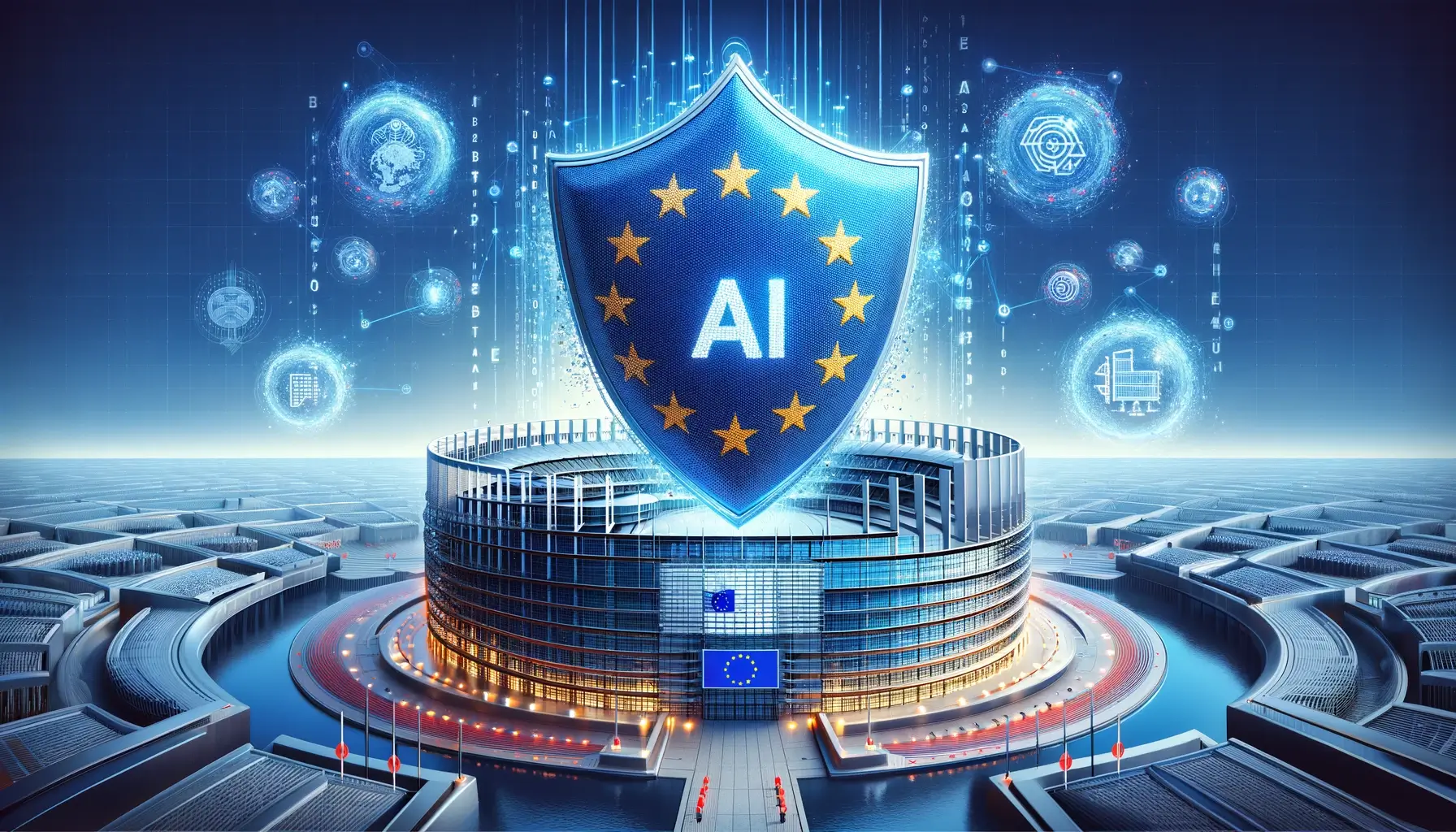The European Commission is taking proactive steps to address the potential threat of misinformation fueled by artificial intelligence (AI) and deepfakes in the upcoming European elections scheduled for May.
The proposed guidelines, currently open for public consultation, aim to equip tech platforms with tools to detect and mitigate the spread of AI-generated content, safeguarding the integrity of democratic processes.
Introduction to the Proposed Guidelines
In response to growing concerns about the dissemination of misleading information through generative AI and deepfake technologies, the European Commission has launched a public consultation on election security guidelines for very large online platforms (VLOPs) and very large online search engines (VLOSEs).
The draft guidelines outline measures aimed at combating the spread of AI-generated misinformation, emphasizing the importance of transparency, user awareness, and platform accountability in preserving electoral integrity.
Addressing the Threat of AI-Generated Misinformation
Generative AI and deepfakes pose significant challenges to the electoral process, capable of creating and disseminating synthetic content that can deceive voters and manipulate public opinion.
Ensuring election integrity means protecting public discourse – much of which occurs online.
We are seeking views on our draft Digital Services Act guidelines to address the emerging online risks to electoral processes while safeguarding the building blocks of our democracies ↓
— European Commission (@EU_Commission) February 8, 2024
The proposed guidelines advocate for proactive measures to detect and label AI-generated content, empowering users to distinguish between authentic and manipulated information.
“Generative AI can mislead voters or manipulate electoral processes by creating and disseminating inauthentic, misleading synthetic content regarding political actors, false depiction of events, election polls, contexts or narratives,” as stated in the draft guidelines.
The guidelines recommend alerting users to the potential inaccuracies of AI-generated content, directing them to authoritative sources, and implementing safeguards to prevent the proliferation of misleading material.
Aligning with Legislative Frameworks and Industry Initiatives
The draft guidance draws inspiration from the EU’s AI Act, a legislative proposal aimed at regulating AI technologies, and the AI Pact, a non-binding agreement promoting ethical AI development.
By aligning with existing frameworks and industry best practices, the guidelines seek to foster collaboration between policymakers, tech companies, and civil society stakeholders in combating AI-driven misinformation.
Tech Industry Response and Future Implications
While the European Commission spearheads efforts to address AI misinformation, tech giants like Meta are proactively developing guidelines to label AI-generated content on their platforms.
However, the timeline for implementing such measures remains unclear, raising questions about the efficacy of self-regulation versus regulatory intervention.
As the public consultation period continues, stakeholders are encouraged to provide feedback on the proposed guidelines, ensuring that the final recommendations reflect a balanced approach to combating AI-driven misinformation while upholding fundamental rights and freedoms.
Safeguarding Democratic Processes in the Digital Age
The European Commission’s initiative to propose AI misinformation guidelines for elections underscores the imperative of addressing emerging threats to electoral integrity in the digital era.
By fostering transparency, accountability, and user empowerment, these guidelines aim to mitigate the risks posed by AI-generated content and uphold the democratic principles enshrined in European governance.
As stakeholders collaborate to refine and implement these guidelines, the collective effort to safeguard democratic processes against the influence of AI-driven misinformation represents a critical milestone in shaping the future of electoral integrity and public discourse in Europe.

